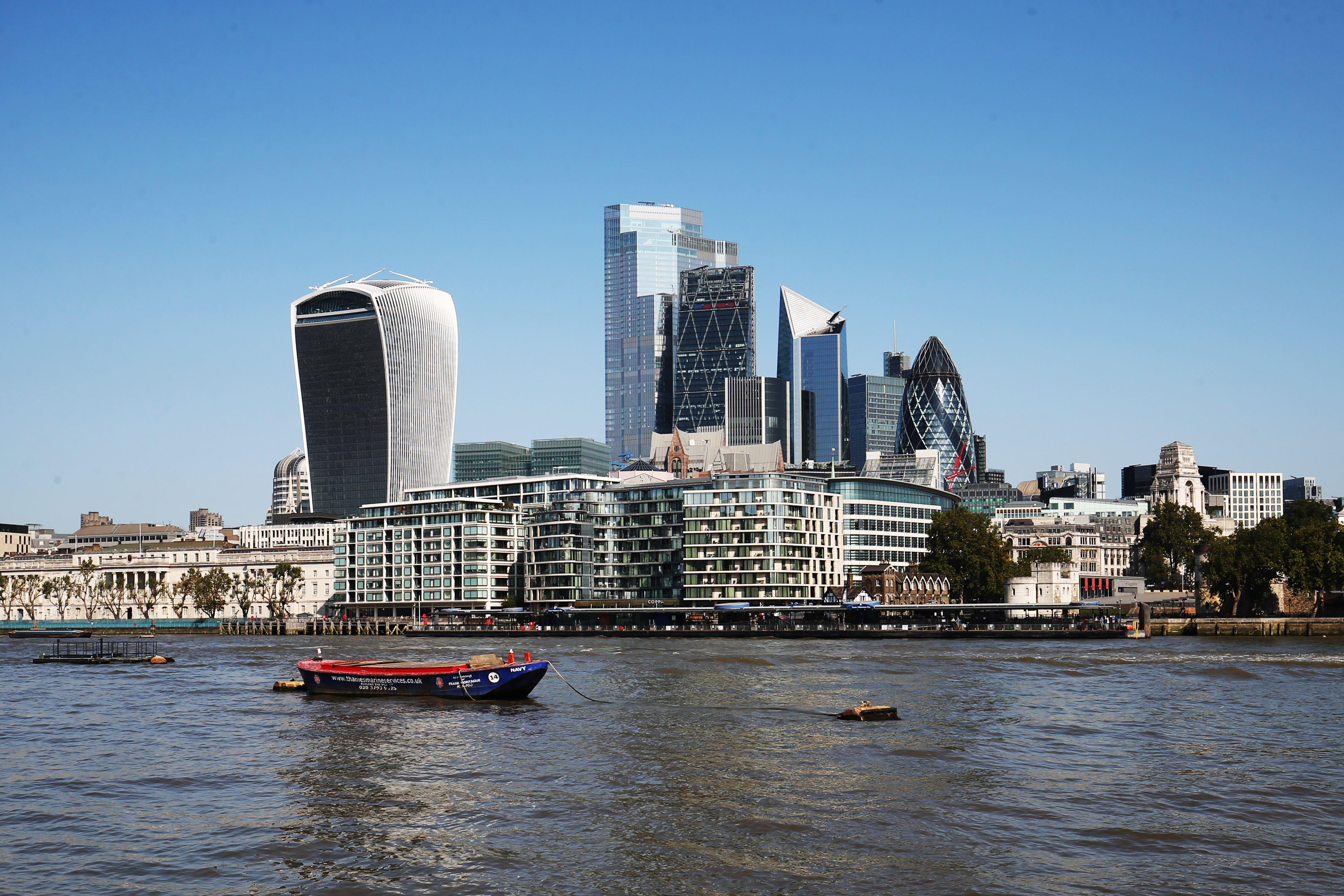Unclear and present dangers: market predictions for the near future
In this period of great geopolitical uncertainty, Chris Blackhurst takes a look at what financial experts think will happen in the coming months


This being the time of year when teachers prepare their reports and make predictions, I thought it might be worth doing the same for the markets.
We’re living in a period of great geopolitical uncertainty. Last weekend, we were treated to the spectacle of a possible coup in Russia. While that was apparently dealt with, fragility in Moscow remains. Meanwhile, the war rages in Ukraine. In Asia, China continues to be an imponderable – will it or won’t it attack Taiwan? This week, two experienced Beijing-watchers gave me different answers to the same question. One said “no”, the other said, “yes, but not immediately”.
In the US, they’re gearing up for a presidential election that promises to be bizarre, if not downright frightening – with a seemingly increasingly frail incumbent set to take on his inflamed predecessor who is fighting federal charges.
Inflation is rampant across continents; interest rates are rising. The climate crisis continues to make its growing presence felt. And there’s a new factor to throw into the mix – as if from nowhere, AI, with all its possible advantages and disadvantages, is occupying corporate and government minds.
Fortunately, a useful guide is on hand to try and make sense of it all, or rather, to see what others, more expert, are thinking. It’s the latest Asset Allocation Survey from City independent investment research firm, Absolute Strategy Research. Every quarter, they ask chief investment officers, asset allocators, economists and multi-asset strategists about the outlook for the financial markets for the next 12 months. This time, they received 242 responses from folk responsible for managing $6.6 trillion worth of assets.
As co-authors David Bowers and Charles Cara highlight, in terms of optimism, the survey produced the second-worst finding in the survey’s history. Only the previous one, in March this year, was worse, and that was by a slight margin.
Some 56 per cent of respondents expect a global recession and unemployment in the US – always an underlying economic health barometer – to climb. They remain, “highly ambivalent about the prospects for the global business cycle, with investors starting to question whether China can grow above 5 per cent over the next 12 months.”
The fact that the March survey and now this one are bad is surprising, because it is not reflected in the markets. Their March poll took place in the middle of what was shaping up to be a banking crisis. It blew over, just. Since then, the S&P 500 is up around 10 per cent, Nasdaq has risen 16 per cent and global equities have outperformed global bonds by 12 per cent. “The past three months have seen major market moves representing a direct challenge to asset allocators’ view of the world – but thus far it has not fundamentally changed their bearish outlook.”
They’re less pessimistic regarding corporate profitability. What appears to account for the shift is AI and the possibility artificial intelligence can boost profits in the short and medium term. They’re hedging their bets, though, not regarding AI as necessarily a “game-changer” over the next 12 months at least. But after that, yes, the new technology will make its impact felt.
Tech stocks are a positive but overall, equities are likely to lag bonds. The expert investment-pickers had previously thought gold would rise – always a bad sign and reflecting the collapse of Silicon Valley Bank and the instability that caused. They still believe gold will rise but the number making that forecast has dipped. The probability of higher gold prices remains above 50 per cent, giving an indication of underlying worries.
They do think that inflation in the US will be falling in 12 months’ time and that rates will be dropping. Where the US leads, Europe follows so there are grounds for optimism.
That said, they also identify inflation as the greatest current risk for the markets and investors. Their fear is that the central banks fail to bring it under control, rates climb and the world heads for deep recession. Another shock to supply, like that provided by the Russian invasion of Ukraine, could be disastrous and send interest rates higher.
Some of the respondents are anxious that the central banks grow used to inflation, that it becomes a “new normal”, and not enough is done to bring it under control.
It could be that inflation does come down smoothly and the UK economy has a “soft landing” and we avoid recession. This can be put in the bracket of “a nice thing to have” – great if it happens, but little evidence so far that it will.
Worries persist that tightening liquidity will cause property defaults in the US – effectively what triggered the 2008 banking crisis. The housing and commercial office markets are causing anxiety – the former because of higher rates and inability of borrowers to repay and the latter because of WFH and overcapacity.
The conclusion then is that in the short term the outlook is grim, that the market bounceback after the threatened banking crisis three months ago is overplayed. To restore confidence, it is clear that the Ukraine conflict must end, although question marks loom large over Russia’s future, and China must not declare war on Taiwan. Were those to occur and there is peace in Ukraine and China ceases sabre-rattling, the heavier clouds would lift.
Investors can only gulp and hold their nerve.






Join our commenting forum
Join thought-provoking conversations, follow other Independent readers and see their replies
Comments